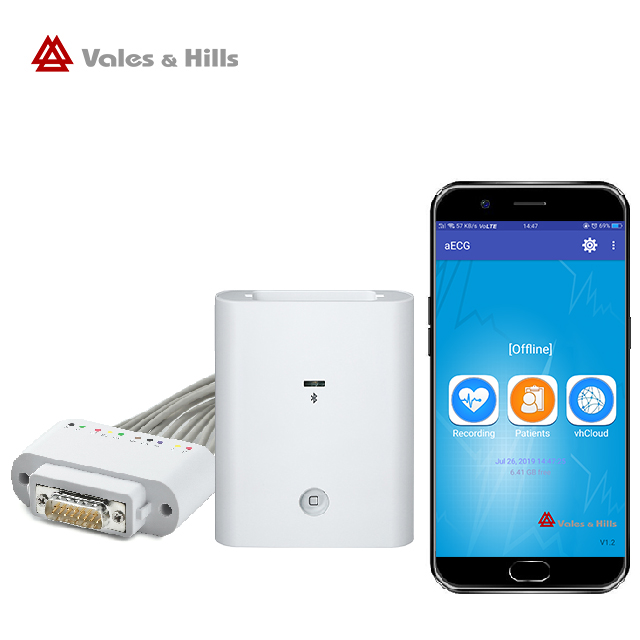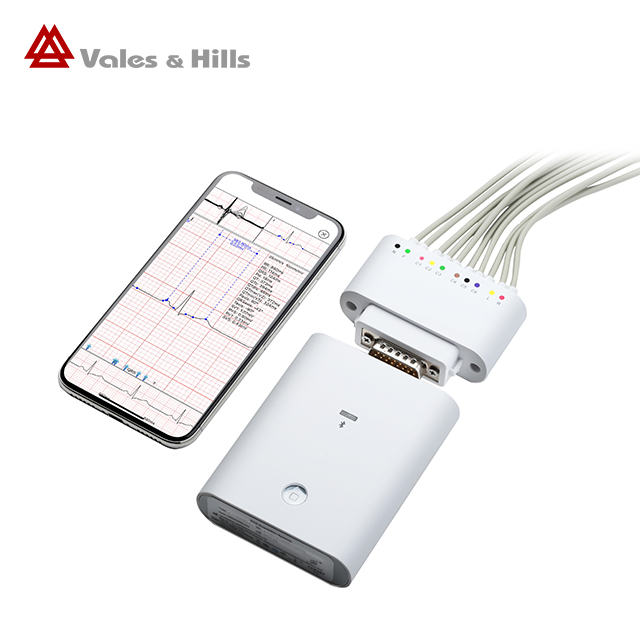Introduction
Have you ever heard of ECG monitoring? It’s like the special way doctors keep an eye on how our hearts are doing. Our hearts are like superheroes, and ECG monitoring helps the doctors understand how they are working. There are three main types of ECG monitoring, kind of like three different superhero tools. In this adventure, we’ll learn about these three types and how they help doctors take care of our hearts. From Holter monitoring to event monitoring and ambulatory monitoring, each one has its own special job in making sure our hearts stay healthy. Let’s join the fun and see how these superhero tools keep our hearts in tip-top shape!

What are the 3 types of ECG monitoring?
Holter Monitoring
Holter monitoring is like having a special heart watch! Instead of a quick check, you wear a small device with stickers on your chest for a day or two. This device, called a Holter monitor, keeps track of your heart’s electricity all the time. You can do your usual stuff while wearing it—play, eat, and even sleep! The monitor records how your heart behaves during different activities. This helps doctors see if there are any sneaky things happening with your heart rhythm that might not show up in a short test. Doctors often use Holter monitoring when they want to understand more about your heart, especially if you’ve been feeling funny or if they suspect some irregularities. It’s like a super tool that helps them figure out how to keep their hearts happy and healthy!
Event Monitoring
A way to monitor the cardiac rhythm, particularly when you’re not performing well, is event tracking of the ECG. It involves wearing a small device that looks like a portable button. This device has a few stickers that stick to your chest. You push the switch on the gadget when you have an abnormal experience, such as your pulse palpitating or becoming fluttery. This action signals the device to start recording your heart’s electrical signals at that very moment. It’s like capturing a snapshot of what your heart is doing during those specific times. Event monitoring is super helpful when the weird heart stuff doesn’t happen all the time. Physicians may get a better grasp of potential cardiac problems by monitoring at these times. It’s like having a detective tool to figure out the mystery of your heart’s rhythm and make sure everything is OK!
Ambulatory monitoring
Ambulatory monitoring of the ECG is like having a special heart tracker that you can wear while doing your everyday stuff. It’s a bit like having a personal heart superhero! Using a little gadget with stickers on your chest area, it monitors your cardiovascular system continuously while you perform tasks, relax, or even fall asleep. This device records how your heart is doing in different situations. It’s especially helpful when your heart acts a bit sneaky and doesn’t show its tricks all the time. By seeing how the heart works throughout every day’s activities, continuous tracking enables medical professionals to decide whether everything seems okay or if additional research is needed.
What is the best site for ECG monitor
You can purchase an ECG monitor both offline and online. To get the best one online, you just need to visit the website of ZIMAI. This is the best website to buy your ECG monitor. Also, you can explore this website to learn about many things about hospital products you don’t know. So visit us now and be a part of our exploration team with ZIMAI.
FAQs
What is Holter Monitoring, and how long do I have to wear it?
Holter monitoring is like a heart super gadget! You wear it for 1-2 days, and it records your heart’s rhythm while you do your usual stuff—play, eat, and even sleep.
When do I need event monitoring, and how is it different from Holter monitoring?
Event monitoring is for those tricky moments when your heart acts up. You press a button on a cool device when you feel funny, and it records your heart’s rhythm during those specific times.
Can you explain telemetry monitoring in simple words and where it’s used?
Telemetry monitoring is like a hospital heart guard. It wirelessly tracks your heart in real-time, often when you’re recovering from something big or have a heart condition.
How does ambulatory monitoring give a real-world view, and when is it used?
Ambulatory monitoring watches your heart during your daily adventures, providing a more realistic picture. It’s used when heart symptoms come and go.
What information does Holter Monitoring give to doctors, and how does it help with diagnosis?
Holter monitoring shows doctors how your heart acts during daily activities, helping them find irregularities that might not show up in a short test.
When is telemetry monitoring most helpful, and how does it help in hospitals?
Telemetry monitoring in hospitals gives real-time heart data, helping doctors keep a close eye and act quickly if needed.
How does event monitoring work for sporadic symptoms, and why do I press a button?
Event monitoring captures your heart’s activity during specific moments. You press a button when you feel funny, helping doctors understand those tricky times.
Any things to be careful about with Holter Monitoring?
Keep your Holter monitor dry and tell your adventures in a diary; it helps doctors understand your heart better.
What’s special about ambulatory monitoring, and when do we use it?
Ambulatory monitoring is like having a heart buddy during your daily activities. It’s used when your heart acts up now and then.
How does telemetry monitoring help in hospitals, and what’s its impact on care?
Telemetry monitoring in hospitals provides real-time heart data, helping doctors take quick action and care for you better.

Conclusion
To sum it up, the three types of heart monitoring—holter, event, and ambulatory—are like superhero helpers for our hearts. Holter keeps an eye on our hearts during our everyday adventures; Event is there for tricky moments; and ambulatory, especially in hospitals, watches over our hearts in real-time. All these helpers work together to make sure our hearts stay strong and healthy. It’s like having a team of heart superheroes looking out for us!
 Professional medical equipment supplier
Professional medical equipment supplier
